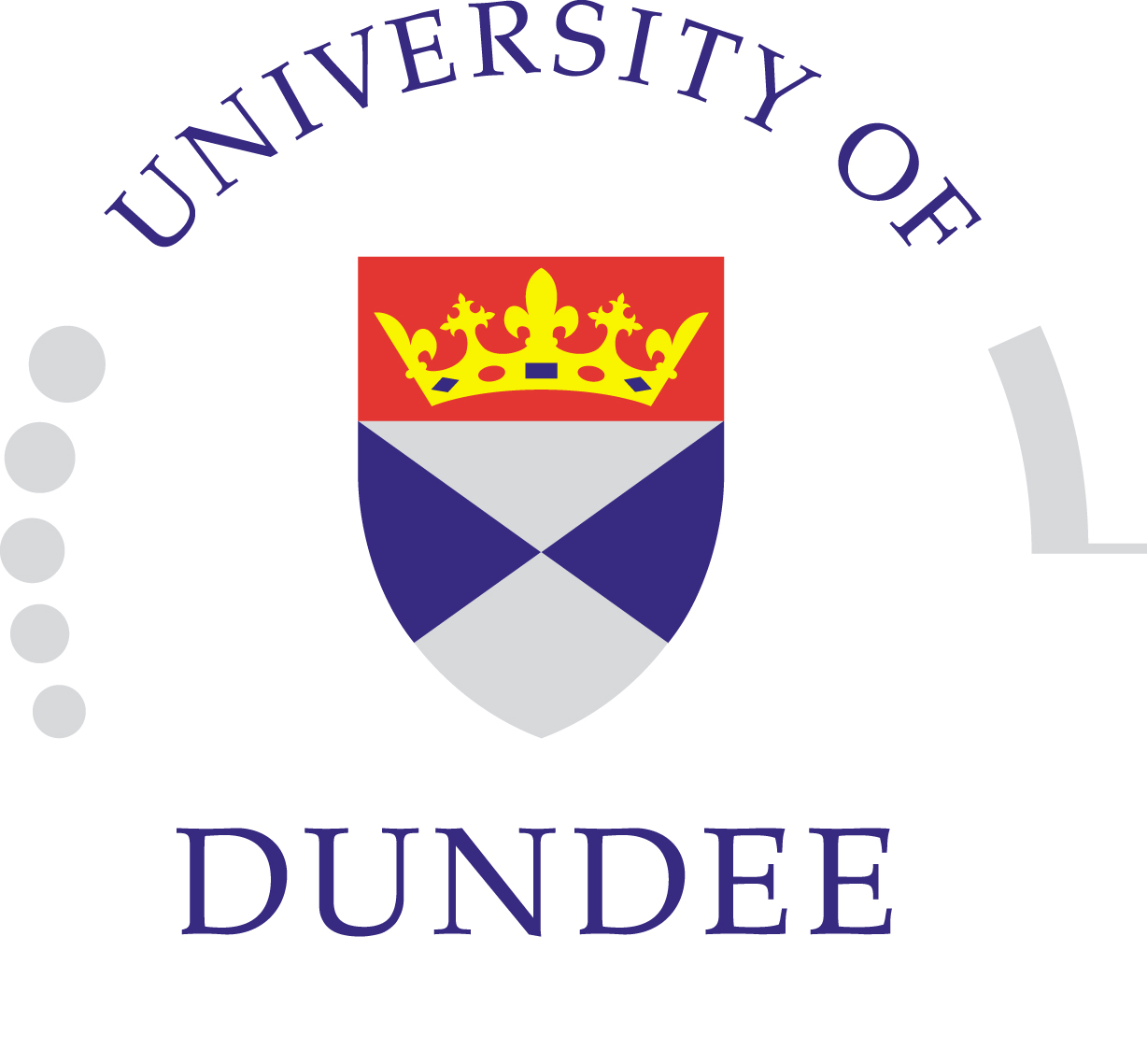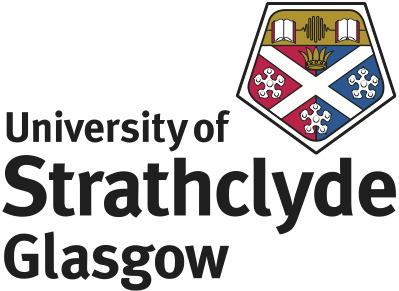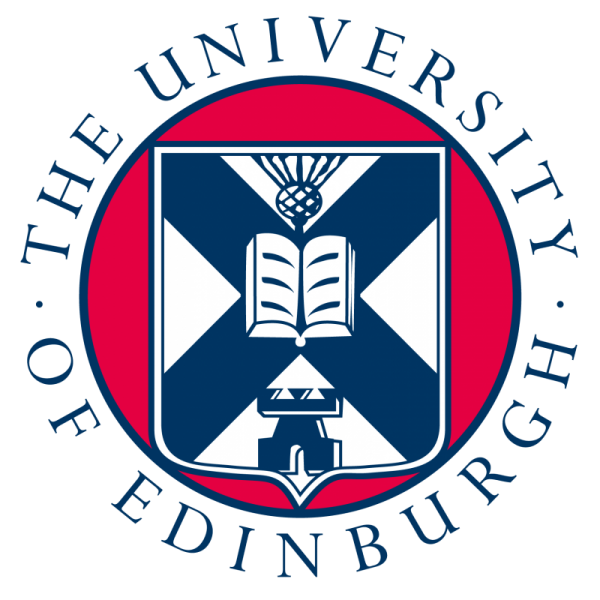









Scottish Numerical Methods Network 2020
First (virtual) workshop: 29th May 2020
Inverse problems and optimisation for PDEs
The meeting will take place via Zoom, hosted by ICMS. For attendees external to the Maxwell Institute, please register here and we will provide you with the meeting link on the morning of the event.
Note that this talks in this session will be accessible to a wide audience, particularly PhD students and early career researchers.
12:45-13:00 Meeting opens and opening remarks
13:00-13:50 Alison Ramage (Strathclyde)
Saddle-point Problems in Liquid Crystal Modelling [abstract]
13:50-14:40 Dante Kalise (Nottinghham)
Mean Field Games and Control: Modelling, Simulation, and Optimisation [abstract]
14:40-15:15 Break (BYOB)
15:15-15:50 Matthias Ehrhardt (Bath)
Optimising MRI Sampling with Bi-Level Learning [abstract]
15:50-16:25 Abdul-Lateef Haji-Ali (Heriot-Watt)
Multilevel weighted least squares polynomial approximation [abstract]
16:25-17:00 Jemima Tabeart (Edinburgh)
Why and how should we use correlated observation errors in data assimilation? [abstract]
Discussion and virtual drinks (BYOB)
Abstracts:
Alison Ramage, Saddle-point Problems in Liquid Crystal Modelling
Although the mathematical theory of liquid crystals has
been extensively studied for over 75 years, to date
there has been much less work done on the numerous
interesting and important numerical analysis issues
which the study of such materials raises. The focus of
this work is on the iterative solution of saddle-point
problems which occur frequently, and in multiple ways,
in liquid crystal numerical modelling. For example,
saddle-point problems arise whenever director models
are implemented, through the use of Lagrange
multipliers for the pointwise unit vector constraints
(as opposed to using angle representations). In
addition, saddle-point systems arise when an electric
field is present that stems from a constant voltage,
irrespective of whether a director model or a tensor
model is used, or whether angle representations for
directors or componentwise representation with
pointwise unit vector constraints is employed.
Furthermore, the combination of these two situations
(that is, a director model using components, associated
constraints and Lagrange multipliers, together with a
coupled electric field interaction) results in a double
saddle-point structure which presents a particular
challenge in terms of numerical linear algebra. In this
talk we will present some examples of the saddle-point
systems which arise in liquid crystal modelling and
discuss their efficient solution using appropriate
preconditioned iterative methods with the aim of giving
an insight into this new and exciting research area at
the interface between liquid crystal theory and
numerical analysis.
Dante Kalise, Mean Field Games and Control: Modelling, Simulation, and Optimisation
In this talk we will discuss modelling, simulation, and optimisation challenges in agent-based dynamics which can be described as mean field games or mean field control problems. In this setting, the density of the agents is governed by a Fokker-Planck type equation coupled with a Hamilton-Jacobi PDE representing the optimal action for a microscopic agent. The resulting system of coupled forward-backward PDEs is intimately linked to optimal transport. We will discuss the derivation of such PDE systems, their numerical approximation through variational methods + PDE-constrained optimisation, and applications including crowd motion, opinion dynamics, and Wasserstein gradient flows.
Matthias Ehrhardt, Optimising MRI Sampling with Bi-Level Learning
The discovery of the theory of compressed sensing brought the realisation that many inverse problems can be solved even when measurements are "incomplete". This is particularly interesting in magnetic resonance imaging (MRI), where long acquisition times can limit its use. In this work, we consider the problem of learning a sparse sampling pattern that can be used to optimally balance acquisition time versus quality of the reconstructed image. We use a supervised learning approach, making the assumption that our training data is representative enough of new data acquisitions. The proposed framework is general enough to learn arbitrary sampling patterns, including common patterns such as Cartesian, spiral and radial sampling.
Abdul-Lateef Haji-Ali, Multilevel weighted least squares polynomial approximation
Weighted least squares polynomial approximation uses random samples to determine projections of functions onto spaces of polynomials. It has been shown that, using an optimal distribution of sample locations, the number of samples required to achieve quasi-optimal approximation in a given polynomial subspace scales, up to a logarithmic factor, linearly in the dimension of this space. However, in many applications, the computation of samples includes a numerical discretization error. Thus, obtaining polynomial approximations with a single level method can become prohibitively expensive, as it requires a sufficiently large number of samples, each computed with a sufficiently small discretization error. In this talk, I will discuss a multilevel method that utilizes samples computed with different accuracies and is able to match the accuracy of single-level approximations with reduced computational cost.
Jemima Tabeart, Why and how should we use correlated observation errors in data assimilation?
In numerical weather prediction, data assimilation algorithms combine observations with a numerical model in order to produce the best initial state of the atmosphere and ocean. We explain the importance of including correlated observation error information, and discuss practical methods to ensure this inclusion is computationally efficient. We illustrate these reconditioning methods via a case study using the Met Office 1D-Var system, finding that such methods improve convergence, but alter other aspects of the system.
Local organisers:
Ben Goddard,
John Pearson